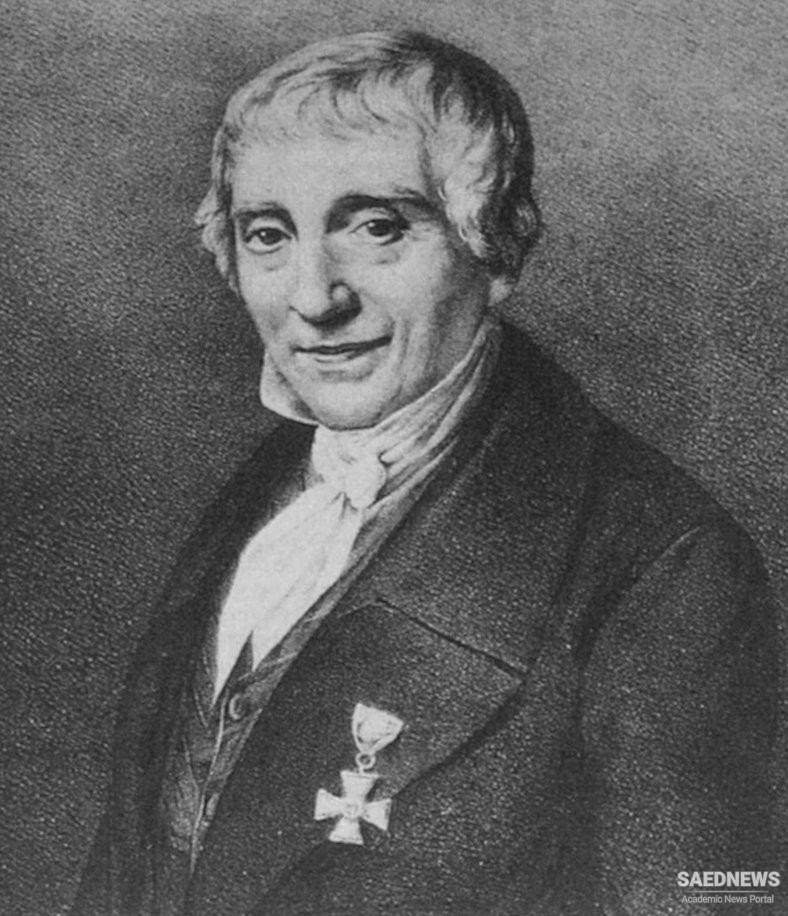Georg Friedrich Grotefend, (born June 9, 1775, Münden, Hanover [Germany]—died Dec. 15, 1853, Hannover, Hanover), German teacher and language scholar who made the first major breakthrough in the decipherment of ancient Persian cuneiform script.
When Grotefend began teaching at the Göttingen city school in 1797, Europe was already familiar with the wedge-shaped cuneiform writing from copies made in 1765 by the German traveler Carsten Niebuhr at the ruined Persian capital of Persepolis. Without any particular knowledge of Oriental languages, but adept in solving puzzles, Grotefend bet some drinking companions that he could find the key to deciphering cuneiform.
Knowing that the inscriptions dated from about the 5th century BC and were associated with the sculptures of kings, he concluded that the recurrence of certain symbols signified “king” and “king of kings.” Eventually he was able to connect the names of Darius and Xerxes with the terms of royalty. A third name proved to be that of Hystaspes, the governor of Parthia and father of Darius I. Of the 13 symbols he deciphered, 9 were correct. His discovery was first reported on Sept. 2, 1802. He also published works on two ancient Italic dialects, Oscan and Umbrian. His lasting fame rests on Neue Beiträge zur Erläuterung der persepolitanischen Keilschrift . . . (1837; “New Contributions to a Commentary on the Persepolitan Cuneiform Writing . . .”).
Heyne's recommendation procured for him an assistant mastership in the Göttingen gymnasium in 1797. While there he published his work De pasigraphia sive scriptura universali (1799), which led to his appointment in 1803 as prorector of the gymnasium of Frankfort-on-Main, and shortly afterwards as conrector. Grotefend was best known during his lifetime as a Latin and Italian philologist, though the attention he paid to his own language is shown by his Anfangsgriinde der deutschen Poesie, published in 1815, and his foundation of a society for investigating the German tongue in 1817. In 1821 he became director of the gymnasium at Hanover, a post which he retained till his retirement in 1849. In 1823-1824 appeared his revised edition of Wenck's Latin grammar, in two volumes, followed by a smaller grammar for the use of schools in 1826; in 1835-1838 a systematic attempt to explain the fragmentary remains of the Umbrian dialect, entitled Rudimenta linguae Umbricae ex inscriptionibus antiquis enodata (in eight parts); and in 1839 a work of similar character upon Oscan (Rudimenta linguae Oscae). In the same year he published an important memoir on the coins of Bactria, under the name of Die Miinzen der griechischen, parthischen, and indoskythischen Kdnige von Bactrien and den Ldndern am Indus.


 Characteristics of the Cuban Revolution
Characteristics of the Cuban Revolution














































